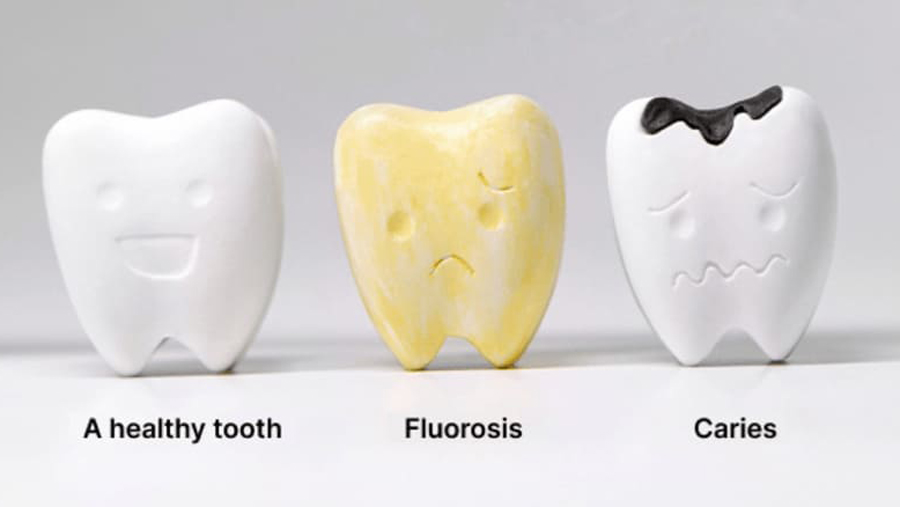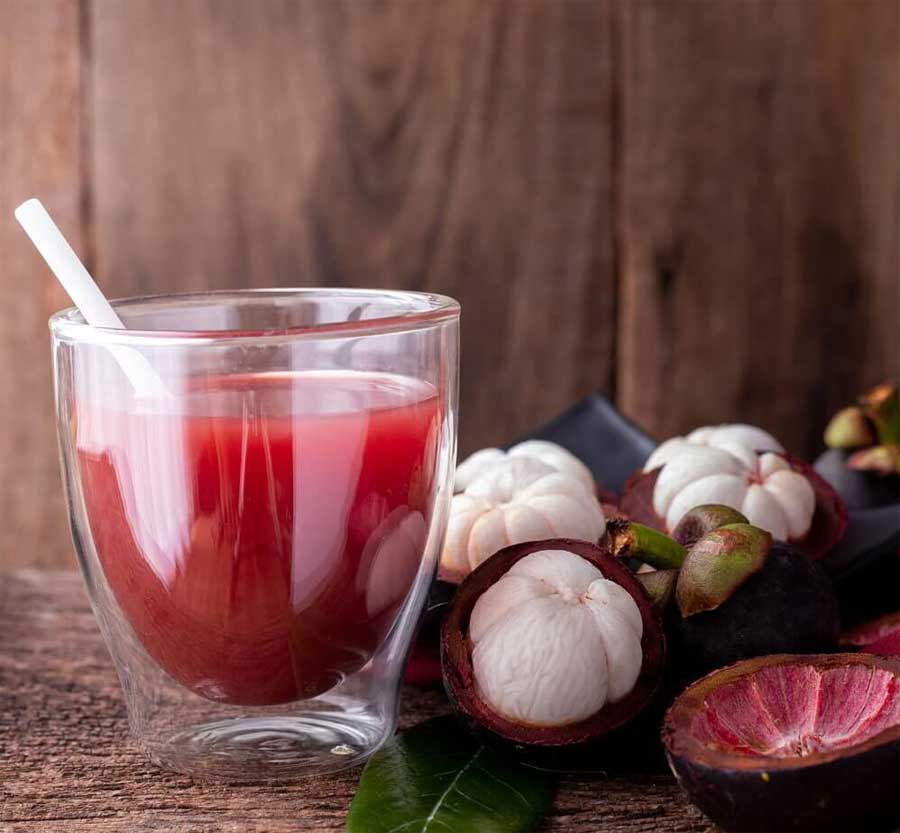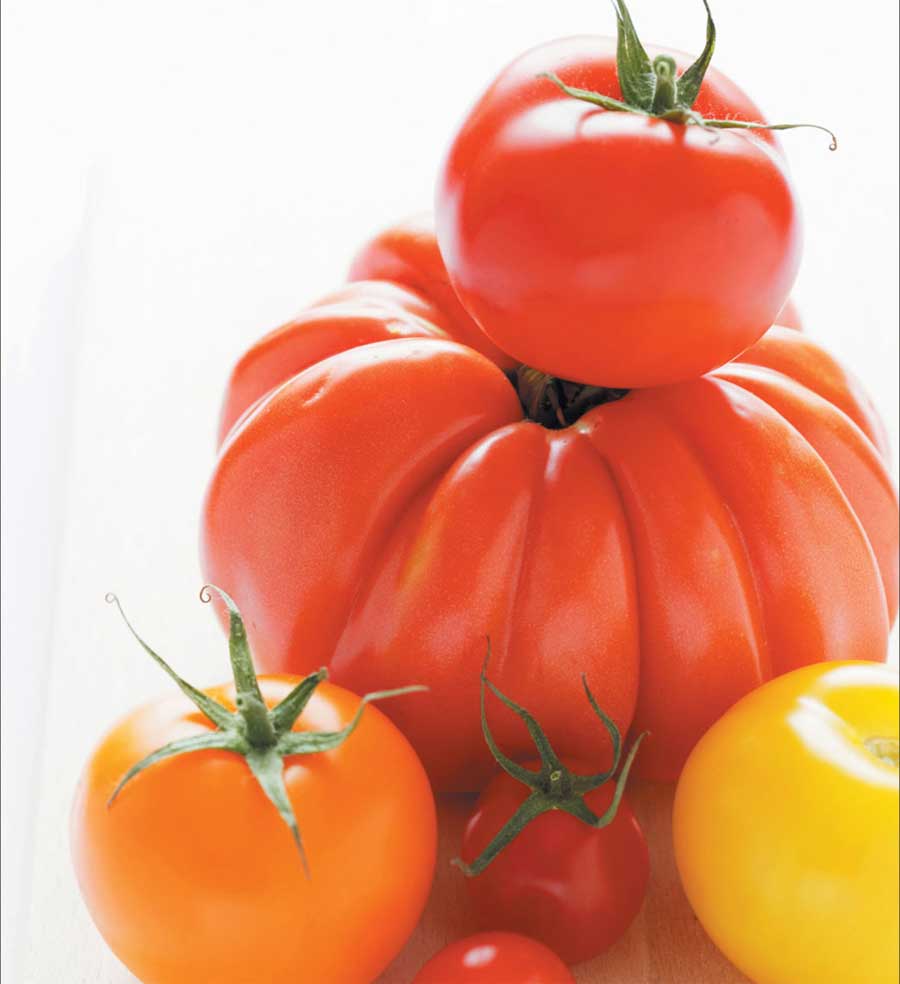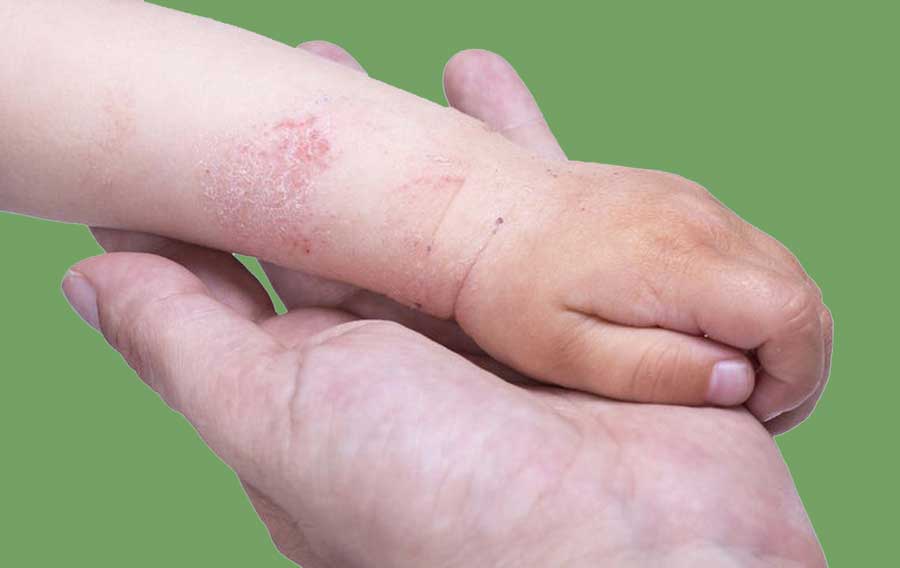If you are an avid biker, you know the importance of muscle recovery. Whether you enjoy a solitary ride through the park on one of the best lightweight bikes available or you prefer a challenging ride up a mountain, physical activity takes a toll on your body. Below are 10 vitamins you should include in your diet to ensure your exerted muscles are being replenished.
1. Vitamin K
Vitamin K, found in carrots and kale, helps in the process of bone mineralization. Without healthy bones, your muscles will struggle to fully recover.
2. Vitamin E
If you enjoy a trail-mix break during your rides, throw some seeds and nuts in there to get vitamin E. This vitamin generates antioxidants that combat the oxidative stress brought on by exercise.
3. Vitamin A
While vitamin A is most widely known as a nutrient for eye health, it is also vital for muscle growth and bone health. On top of giving you a keen eye when shopping for the latest hybrid bikes for sale, this vitamin ensures your muscles and bones are ready for any adventure you go on.
4. Vitamin C
A popular source of vitamin C is citrus fruits, including grapefruits and oranges. After a bike ride, your muscles produce lactic acid; this vitamin decreases the acid buildup in your muscles.
5. Vitamin B3
There is a series of B vitamins that are beneficial for muscle recovery. The first is B3. This vitamin is found in plant-based foods, eggs and animal proteins. B3, also known as niacin, increases your high-density lipoproteins, more commonly known as “good cholesterol,” to support muscle development.
6. Vitamin B6
While you can find a heaping helping of B6 in chickpeas, fatty fish and spinach, this vitamin is also a common ingredient in supplements. B6 improves circulation for muscles by keeping a steady level of nitric oxide in your blood, as well as increasing red blood cell count. So before you hop on your womens hybrid bike for that solo or group ride, make sure you have taken your supplements!
7. Vitamin B9
B9 is found in green vegetables, including broccoli, brussels sprouts and okra. Often known as folic acid or folate, B9 not only rebuilds muscle tissue but also increases energy and assists in developing new muscle cells.
8. Vitamin B12
Vegetarians or vegans may have a B12 deficiency as this vitamin is most commonly found in animal byproducts, like dairy and meat. If this is you, almond or cashew milk are great options to get B12, which also assists with muscle repair.
9. Omega 3
Omega 3 decreases muscle soreness and supports bone repair. If you have a taste for fish, you are in luck as seafood is an excellent source of omega 3.
10. Vitamin D
Riding your bike in the great outdoors is a fantastic way to get vitamin D, as your body synthesizes this vitamin from the sun’s rays. Vitamin D plays a role in muscle protein synthesis and helps you absorb calcium.
Also see: Health Benefits of Vitamin D
No matter your style of riding, muscle recovery is vital to your health. Incorporate these vitamins into your diet to ensure your muscles are getting the support they need after finishing a bike ride.











